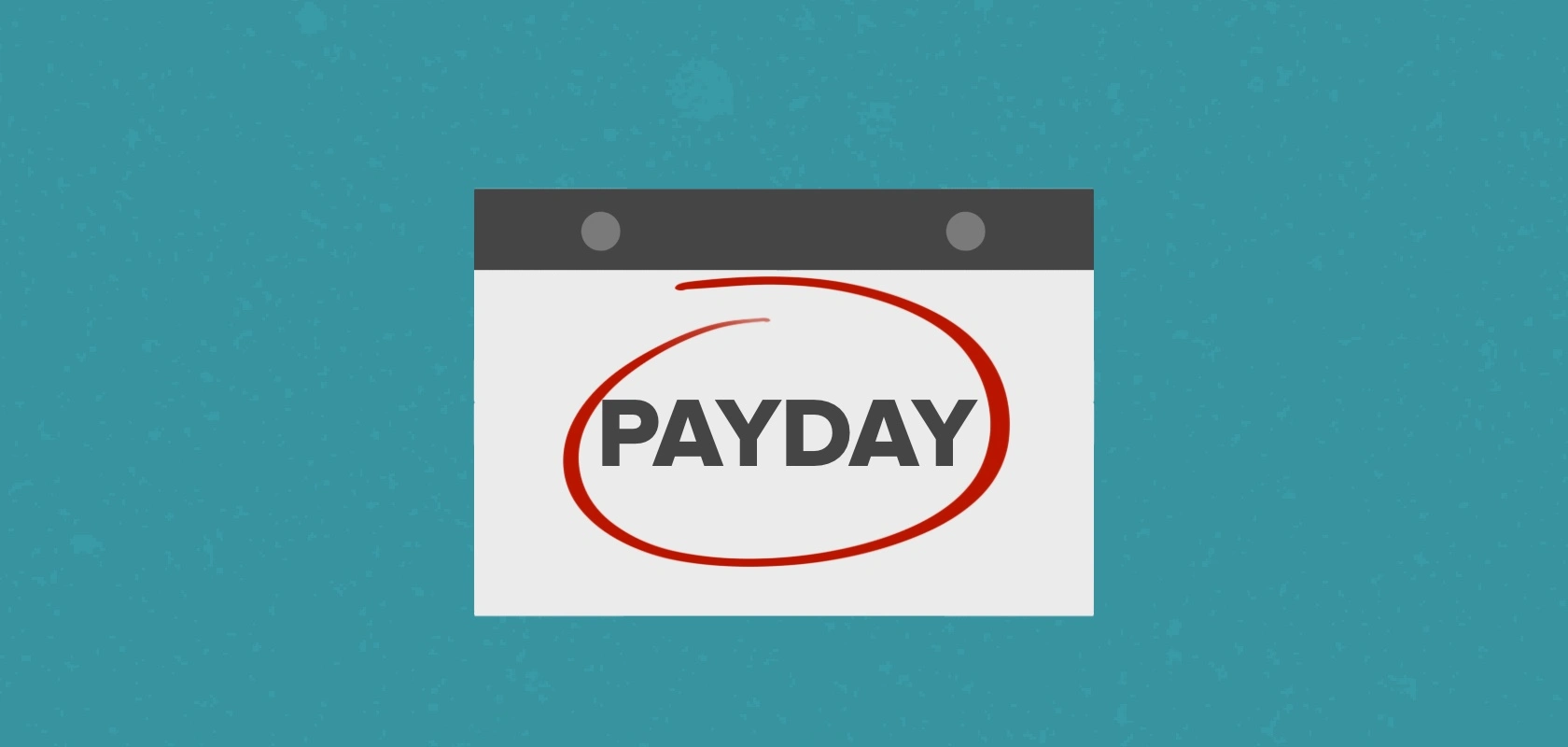There are two types of missed appointments that most healthcare practices deal with daily- last-minute cancellations and no-shows. Appointment cancellation is when a patient notifies you that they won’t be able to come to your office or clinic as scheduled. A no-show means that the patient failed to show up as scheduled without providing prior notification.
In the U.S healthcare market, practices lose over $150 billion in missed appointments annually, with a single missed appointment costing individual physicians an average of $200. As a healthcare provider, you’ll want to keep both types of missed appointments in check as they can significantly impact your business.
Why Do Patients Cancel Appointments?
Every practice is different, and as such, there might be unique factors influencing your patients’ decisions to cancel their scheduled appointments. In some cases, gender, age, and financial challenges are responsible for patient no-shows. In others, the wait time is just too long, or the practitioner is unable to ease the patient’s anxiety over a future appointment.
Studies reveal that miscommunication, whether during the initial phone inquiry or in the appointment room, is greatly responsible for no-shows. Similarly, a potential patient may fail to show up if their symptoms resolve on their own, have other engagements, or face transportation/geographical hurdles.
7 Ways to Handle Patient Appointment Cancellation Like a Pro
The happier your patients are with the experience offered, the more likely they’re to complete their plan of care, return in the future, or even provide positive feedback. To keep patient cancellations in check, you must establish a process that delivers a consistent patient experience.
If your prospective patients aren’t proceeding beyond phone inquiry despite agreeing to an appointment, your reputation may be at risk. The same is true if many patients are canceling their treatment plans.
The best approach to handling patient cancellation often entails the following:
#1. Educate the Patient
Follow-up cancellations constitute a major portion of missed appointments, so you should clearly communicate to patients the benefits of returning for regular checkups. During preliminary consultation or inquiry, it’s essential to educate the patient on their condition and ease their concerns about procedures.
#2. Send Out Appointment Reminders
In this digital era, 41% of patients prefer to communicate with their healthcare provider by email. About 27% of them would rather respond to phone calls, while 22% prefer text messages. These preferences give providers a broad range of options for sending appointment reminders, thus preventing last-minute cancellations.
#3. Provide Virtual Appointments
Telemedicine can be a lifesaver when geographical or transportation challenges make it difficult for patients to visit your practice in person as soon or frequently as necessary. Patients with busy work schedules are also less likely to cancel or miss an appointment when you can see them remotely via video or audio meetings.
#4. Communicate Your Cancellation Policy
Make sure your patients sign a written cancellation policy to discourage habitual no-shows and cancellations. You may even include a penalty for last-minute cancellations, making the habit costly for patients. In the fine print, you can highlight the negative effects of canceled appointments on patient health outcomes. Also, talk about how no-shows may impact other patients seeking immediate treatment by blocking up the providers’ calendar and delaying care.
#5. Allow Online Appointment Rescheduling
Online rescheduling is a convenient option for many patients who would otherwise cancel an appointment altogether or fail to show up without notice. They can cancel or reschedule the appointment at their convenience from their phone or laptop without having to call your office.
#6. Make Follow-Up Calls
If a patient cancels their appointment for no good reason, they might change their mind if you give them a courteous call. Make sure to be professional and friendly. You can wait for 10 minutes past the appointment start time, then make the call and ask if they still plan to come in for their appointment or need to reschedule.
#7. Reach out to Habitual No-Shows
Keep a record of patients who have previously canceled or failed to show up once or multiple times. Are there issues preventing them from showing up, such as a tight work schedule or unsupported payment options/health plans? Discuss their unique situation to find the right solution and prevent future no-shows.
Engage More with Patients to Prevent No-shows and Last-Minute Cancellations
Every practice is different. But once you’ve identified the best way to handle patient cancellation for your healthcare business, you should implement it repeatedly to provide a consistent patient experience.
At GMR Web Team, we provide automated patient engagement solutions that can simplify the routine workflows for your practice, with features like appointment scheduling and reminders to HIPAA-compliant 2-way messaging. Contact us today to learn how our proprietary patient engagement tools can help you deliver a seamless patient experience.








